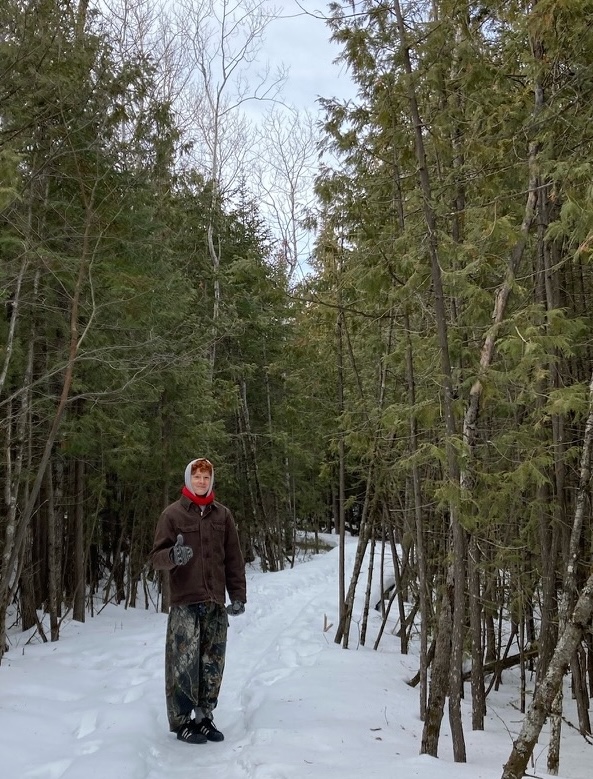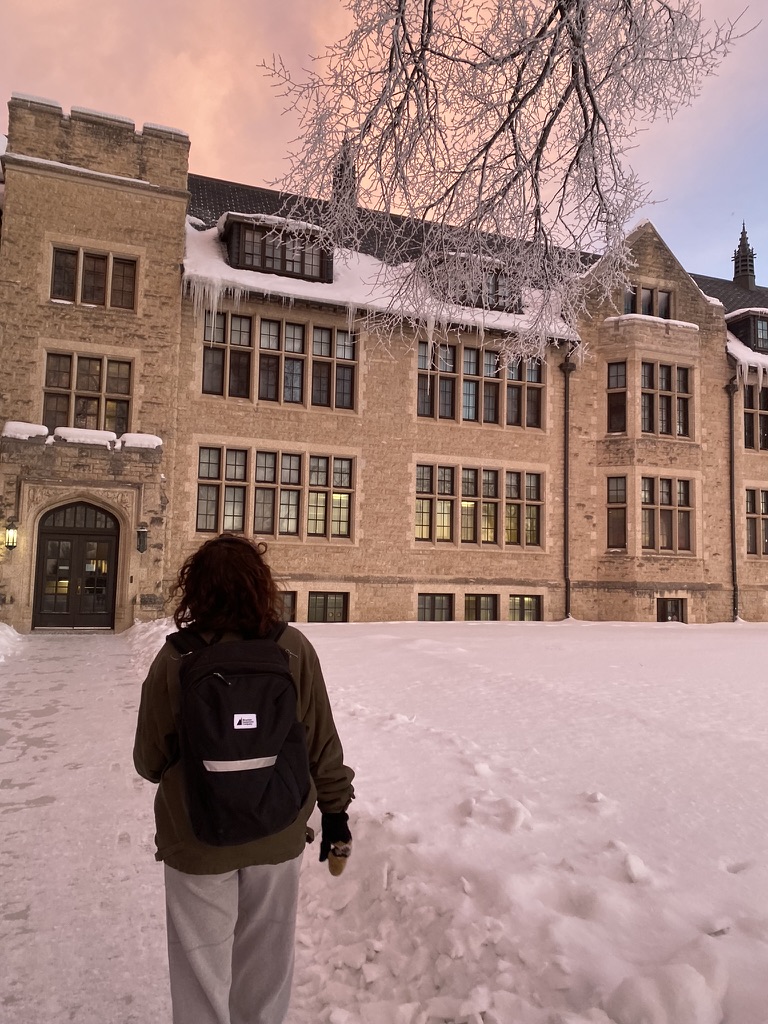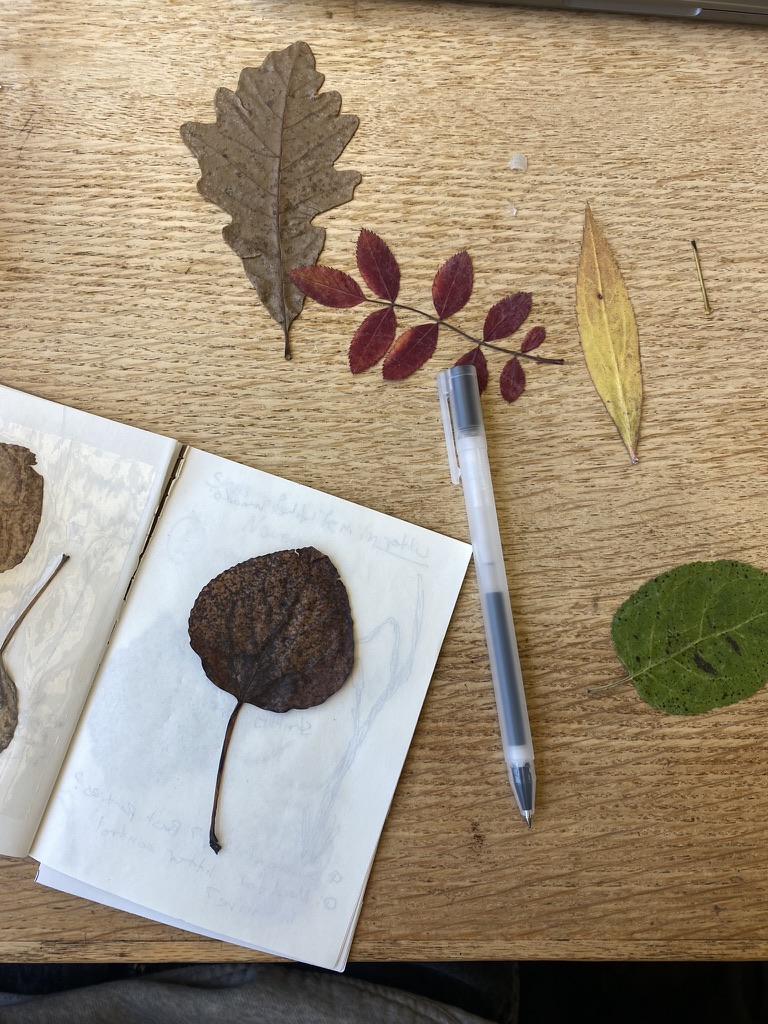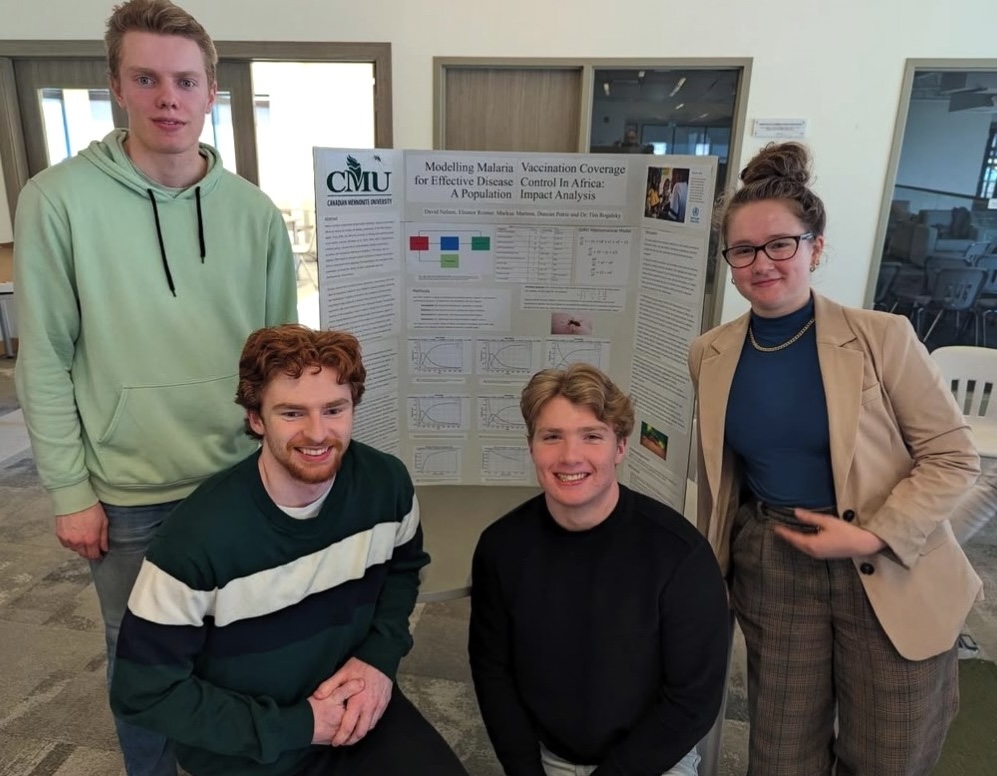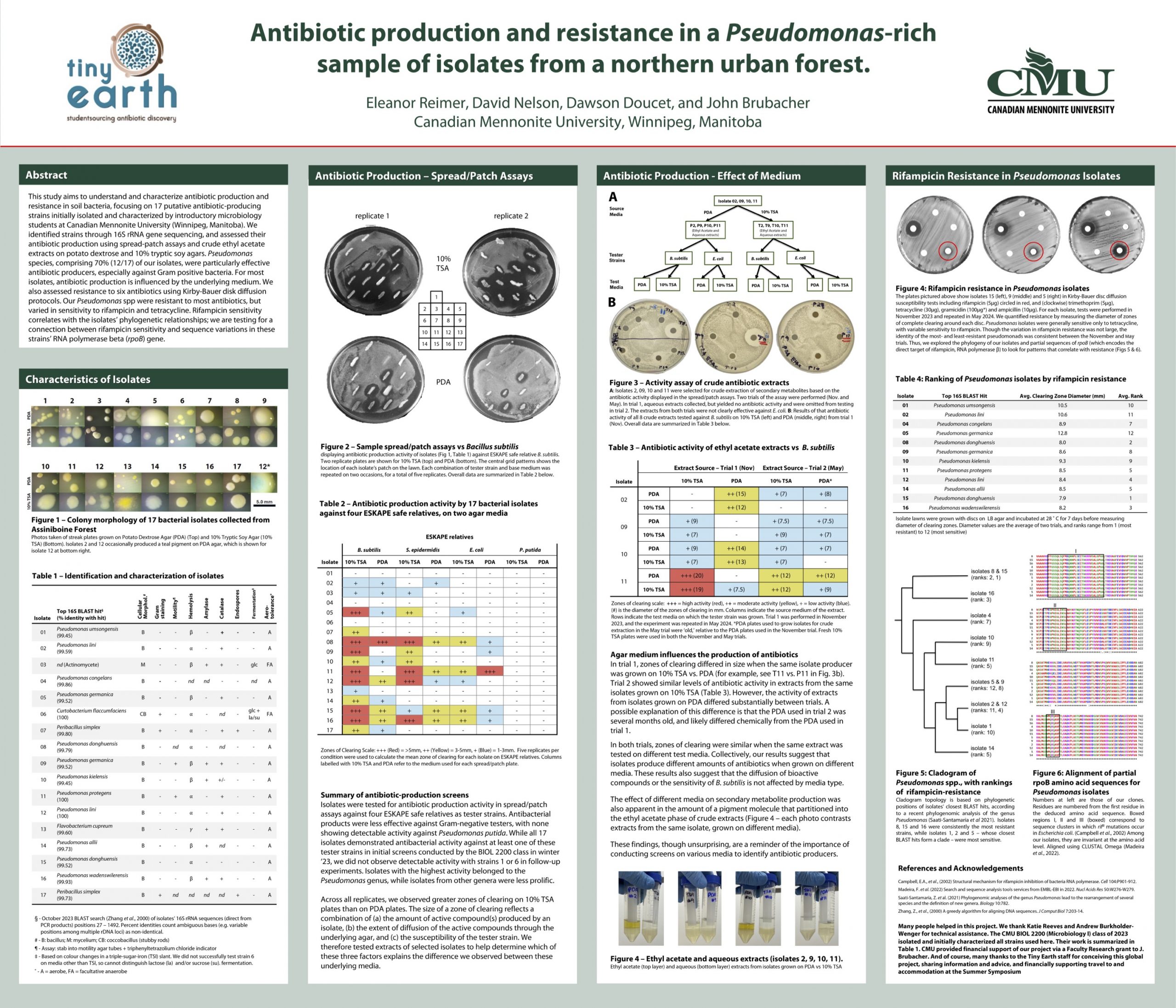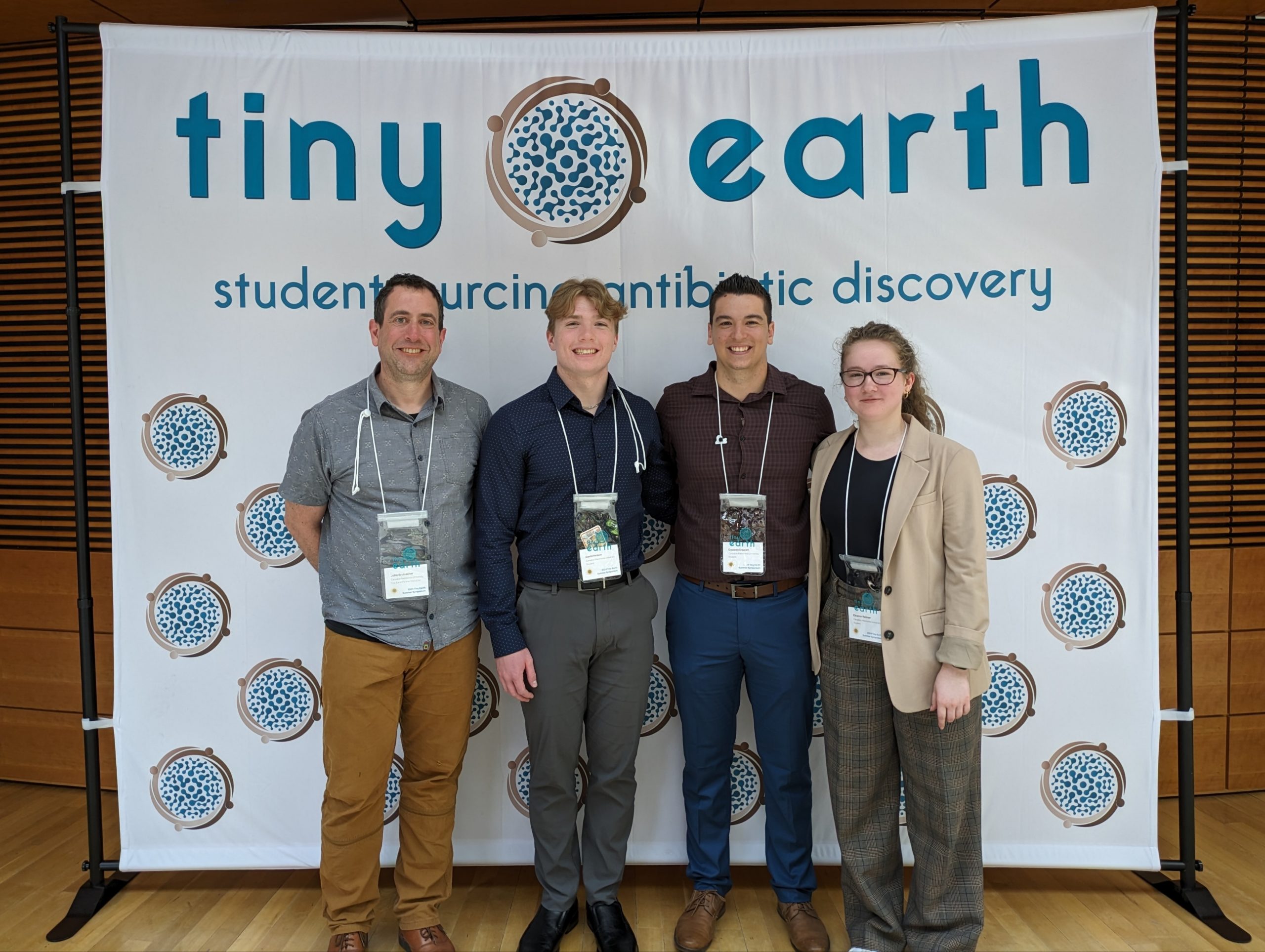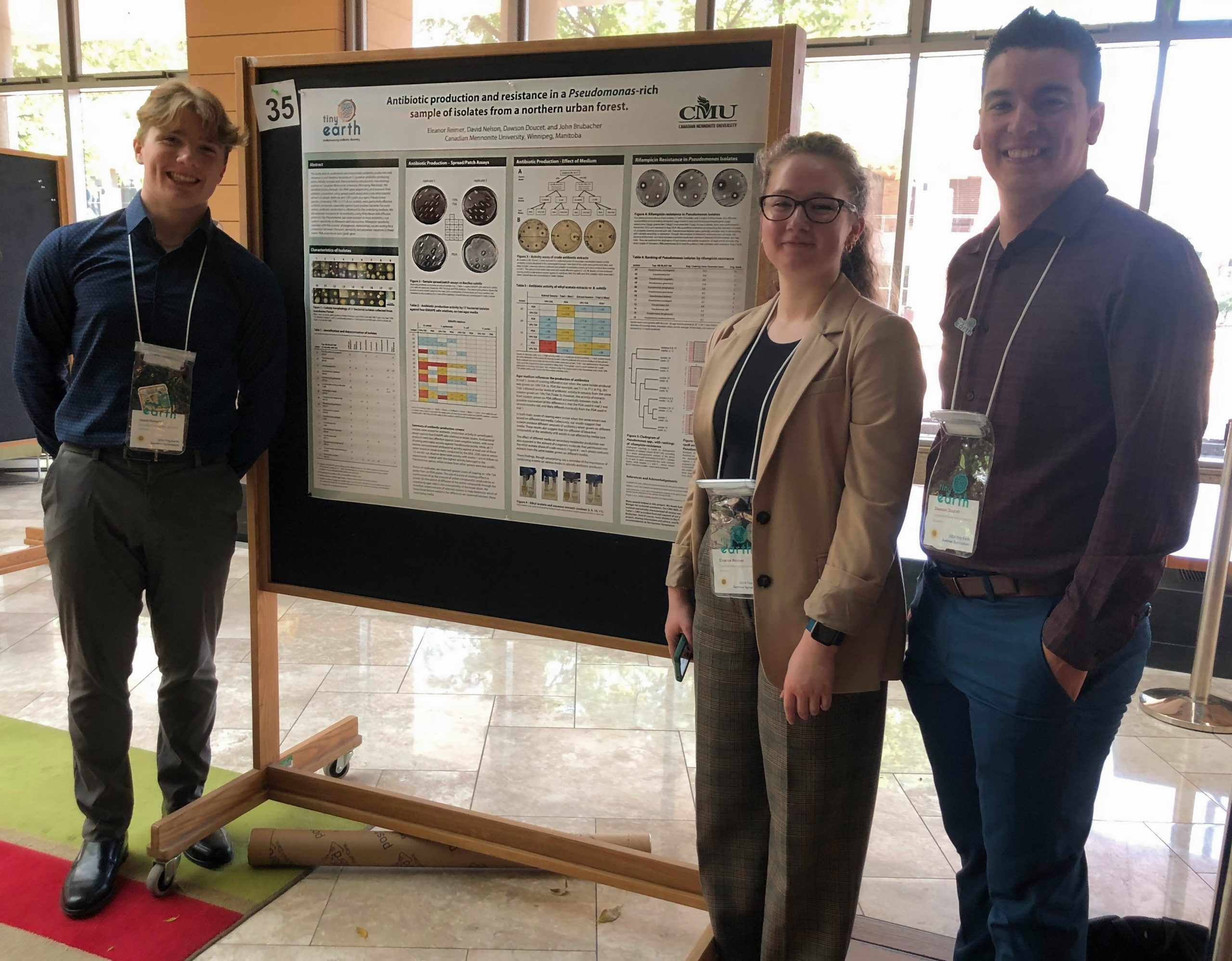When applying to CMU, I didn’t really have a firm idea of what I wanted to major in. I had interests, sure, and knew that any sort of science was going to be more than I could handle. Ancient history had always been something I enjoyed (being a Percy Jackson kid), and when browsing the registration guide, I saw a few classes that I wanted to know more about. Since taking these classes, it has re-sparked a passion for the subject that has translated into a goal of a career in the museum industry. However, in my time at university there have been a few things that I wish were general info.
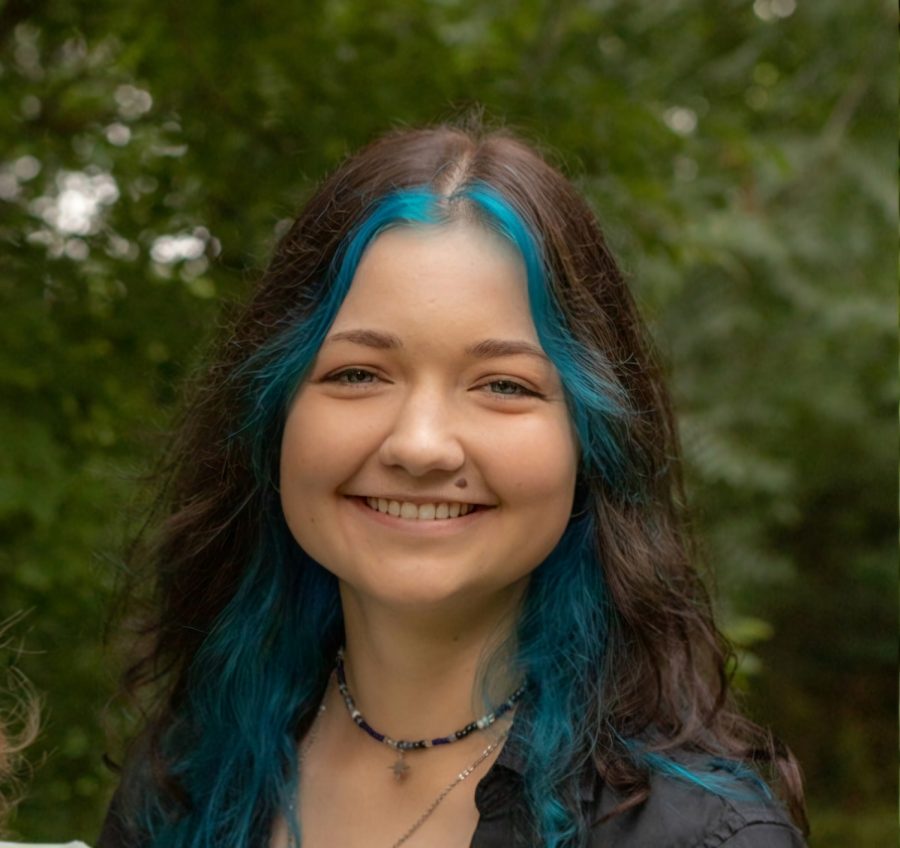
1. If you’re studying History, people will assume you want to be a teacher.
The number one question I get when people ask me about my degree is, “So what age do you want to teach?” The short answer is: “No.” While I have the utmost respect for anyone in the education sector, I can firmly say teaching is not in my future. After I explain that I don’t want to teach, people will often be confused and follow up with, “So what else is there for you?” and then I’ll have to explain my plan to work in museums. While I usually don’t mind having to explain and break the mould of a stereotype, the same question over the years has gotten a bit tiring.
I do want to share my passion for history, but I don’t want to be confined to a classroom. I want to create, discover, and organize things that people can see and enjoy, while learning something about how the world got to where it is.
2. University essays are a lot harder to write than high school essays.
I had always done a decent job on my papers in high school, even being one of the dedicated people in some of my English classes that edited other students’ essays. When I got to university, I realized that the usual format for writing papers didn’t apply to all classes, and that professors were looking for more than my high school teachers were. MLA wasn’t the only formatting type, and I quickly had to learn various types of Chicago paper formatting.
What did help me, though, was the added writing requirements to some courses, which, through an editing process, allowed me to figure out what the professors wanted. And as you go into higher-level classes, the expectations are amped up, but so is the help provided to you.
3. Courses I take now can help me understand other courses later.
When I first looked over the requirements for a history degree, I was surprised and a little annoyed to see that in order to complete my degree, I’d have to take two science courses. I hadn’t taken any sort of science in a few years and was not anxious to try to learn parts of a subject that I did not care for and confused me to no end. Luckily, CMU has some introduction science classes that go over the simpler things, and they could count toward what I needed. While it was still hard, I passed the classes with skills I learned from others: how to take notes, study, format papers, and focus on the right info were all things I got from my humanities classes. I still had to get my science-major friends to teach me a couple things, but overall it was things I had learned over time in my degree that had helped me be able to squeak a passing grade in the two science credits I needed.
4. Everyone wants to see you succeed.
One major thing that I have come across in my time at CMU is that everyone wants to help you cross that graduation stage. Professors are understanding and are always free to answer questions. Academic and financial advisors want to make sure you are good to go with schedules and monetary aid, and friends are always down to study together and run ideas by each other. I was incredibly scared to ask for help at first, thinking it was all on me to finish the degree. And it is, but I have so many people walking beside me to help me when I get stuck, need advice, or just need someone to edit a paper. CMU is small enough that professors know my name (even some I haven’t taken a class with!), and I’m not just a number when I walk into someone’s office. Staff and faculty are rooting for all the students, and all the students are in this together, heading in the same direction.
Cloe Penner is in her third year of the Bachelor of Arts (Four-Year) program, majoring in History with a minor in English.







